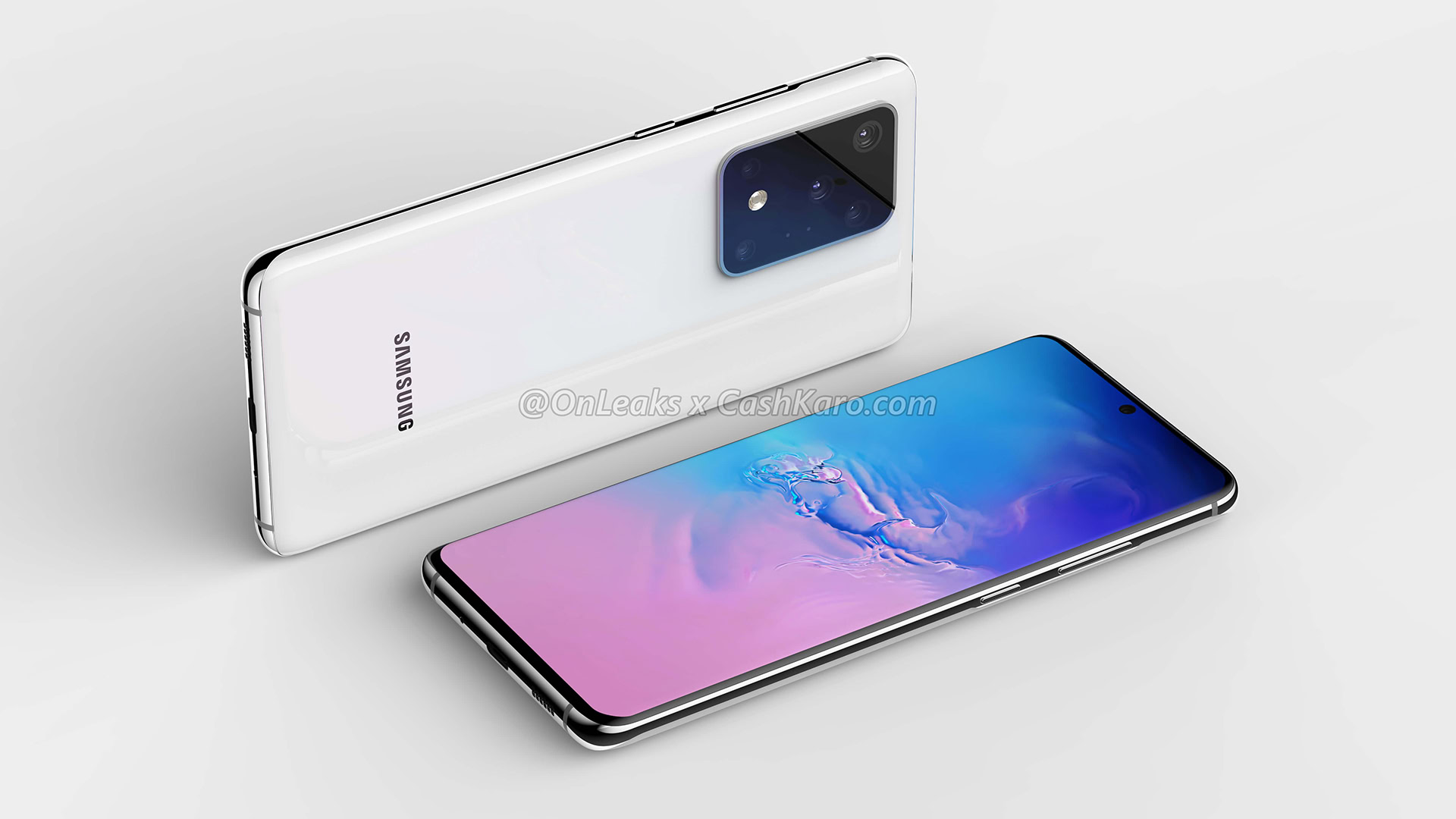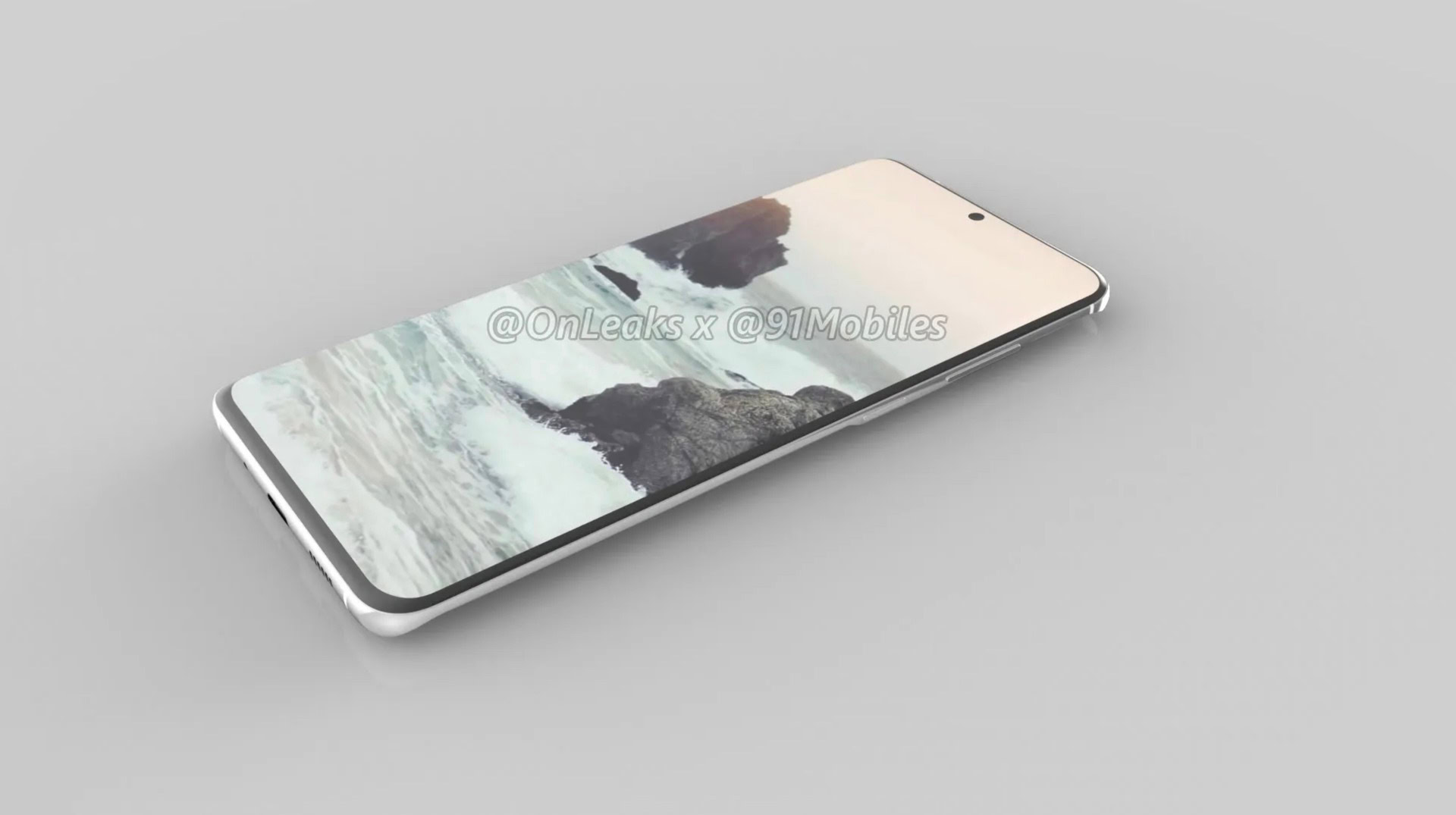Affiliate links on Android Authority may earn us a commission. Learn more.
Samsung Galaxy S20 Ultra could be tougher than the Galaxy S20 and S20 Plus
Published onJanuary 23, 2020

The Samsung Galaxy S20 series is a just few weeks shy of becoming official and the leaks just keep pouring in. The latest tidbit to come off the rumor mill is about the make of the Galaxy S20 Ultra. According to tipster Max Weinbach, the premium Samsung flagship will get a stainless steel frame.
Galaxy S20 Ultra. Stainless Steel.— Max Weinbach (@MaxWinebach) January 22, 2020
The new make is an upgrade over the aluminum frame on last year’s Galaxy S10 and Note 10 phones. Naturally, stainless steel is heavier and tougher than aluminum. If the Galaxy S20 Ultra is the only phone in the series to get the new material, it could weigh more than the S20 and S20 Plus.
The metal can also be expected to lend the S20 Ultra more premium looks as well as add to its durability. It is more scratch resistant and does not bend as easily as aluminum.
However, stainless steel is rarely used in smartphones because it’s more expensive to produce. This is probably why Samsung is said to be using it on the top-of-the-line S20 Ultra.
Previously, only the iPhone X, iPhone XS, and iPhone 11 Pro have sported the tough build.
More news on Galaxy S20 display refresh rate
Besides outing the build of the S20 Ultra, Weinbach also tweeted out a tiny piece of information about the display refresh rate of the new phones.
Out of the box, S20s will be set to 60hz not 120hz— Max Weinbach (@MaxWinebach) January 22, 2020
The tipster says that the phones will come with a 60Hz default refresh rate even though they are said to offer a peak refresh rate of 120Hz.

This means that when you take the S20 phones out of their box, you will see a 60Hz screen unless you manually set it to 120Hz from the settings. Generally, devices like the Pixel 4 and OnePlus 7T Pro ship with their 90Hz displays switched on by default.
Samsung has probably set the display to a default 60Hz so that the average user does not experience fast battery drain due to the high 120Hz refresh rate.
However, Samsung’s decision, if true, does make us nervous about how well (or not) the battery life of the new flagships is optimized to handle the ultra smooth display. Here’s hoping we’re not in for some nasty surprises.